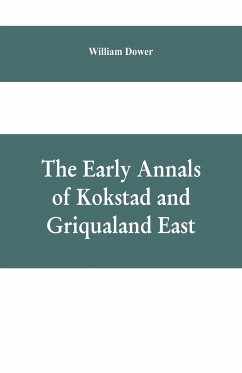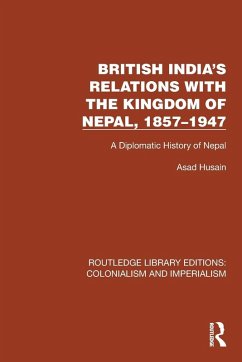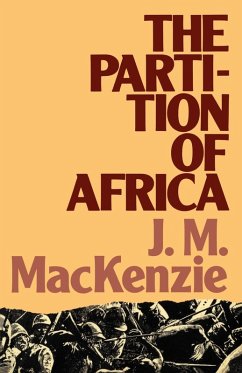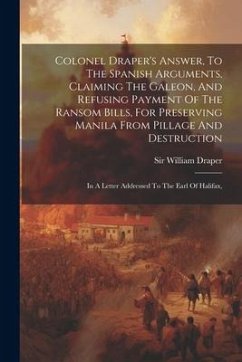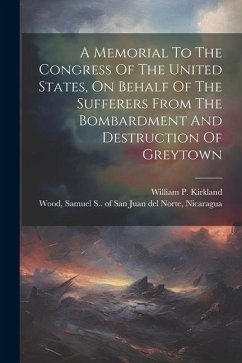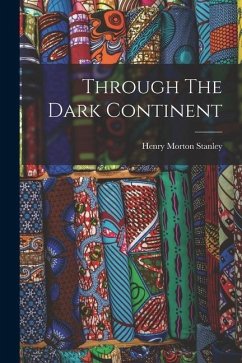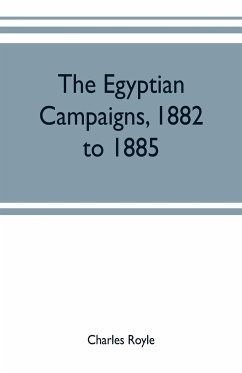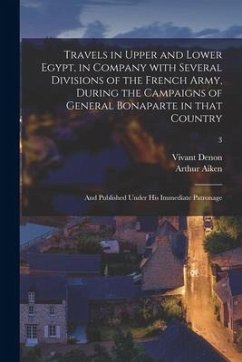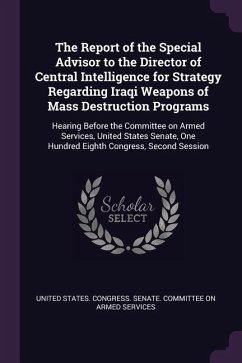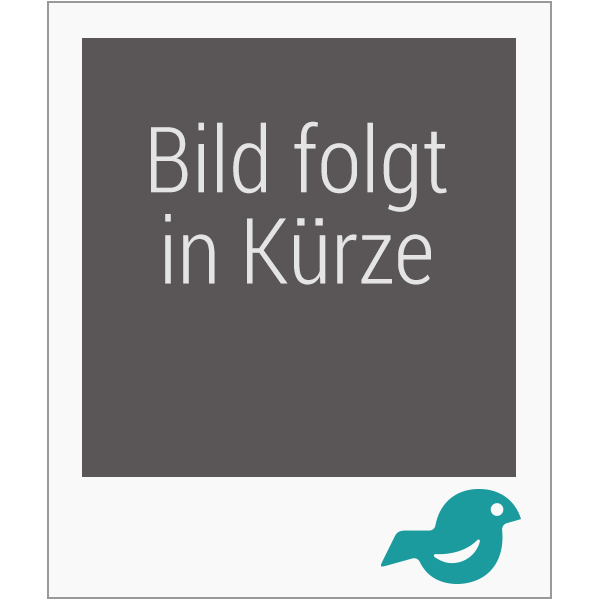
Destruction of the Anyuak Kingdom
Versandkostenfrei!
Versandfertig in über 4 Wochen
39,99 €
inkl. MwSt.
Weitere Ausgaben:

PAYBACK Punkte
20 °P sammeln!
The instinct to destroy, to be in control, to exploit, derives from imperialism and supremacy. Destruction of the Anyuak kingdom ended 400 years of its independence. It brought suffering to the Anyuak people in East Africa. The British and Ethiopian empires ruined the kingdom by dividing it into two countries. Those invaders brought the powerful kingdom to ashes. While they are profiting from division and occupation, natives of the land are in pain. Evil empires will be brought to justice in the twenty-first century. Removing boundaries created by Anglo-Ethiopian is the key to achieving freedo...
The instinct to destroy, to be in control, to exploit, derives from imperialism and supremacy. Destruction of the Anyuak kingdom ended 400 years of its independence. It brought suffering to the Anyuak people in East Africa. The British and Ethiopian empires ruined the kingdom by dividing it into two countries. Those invaders brought the powerful kingdom to ashes. While they are profiting from division and occupation, natives of the land are in pain. Evil empires will be brought to justice in the twenty-first century. Removing boundaries created by Anglo-Ethiopian is the key to achieving freedom. After 121 years of exploitation, Anyuaks demand sovereignty and independence. About the Author Okoth Owity Opap was born in Otalo in southern Sudan. He came to the United States in 1999. At the age of twenty-one, Opap was in school for seven years. Three months later, he took English classes in Minneapolis. He travelled to Clearfield Job Corps in Utah where he earned an adult high school diploma. After his graduation, he moved to Kansas City, Missouri. Graduated with a Bachelor's Degree in Journalism and Political Science from Park University. He also obtained a Master's Degree in Healthcare Administration. A journey from ESL class to journalism is a remarkable achievement. His goal to become a writer is unstoppable. In Sudan, the impact of civil war separated him from his family. Despite the hardships, he was determined. His writing career began at the university and received an excellent award for writing newspapers. In 2021, Opap became a published author. Liberated by writing, he dreamt bigger. He writes about political problems facing the Anyuak people. According to him, annexation of their kingdom to Sudan and Ethiopia was the root cause of the current problems.



